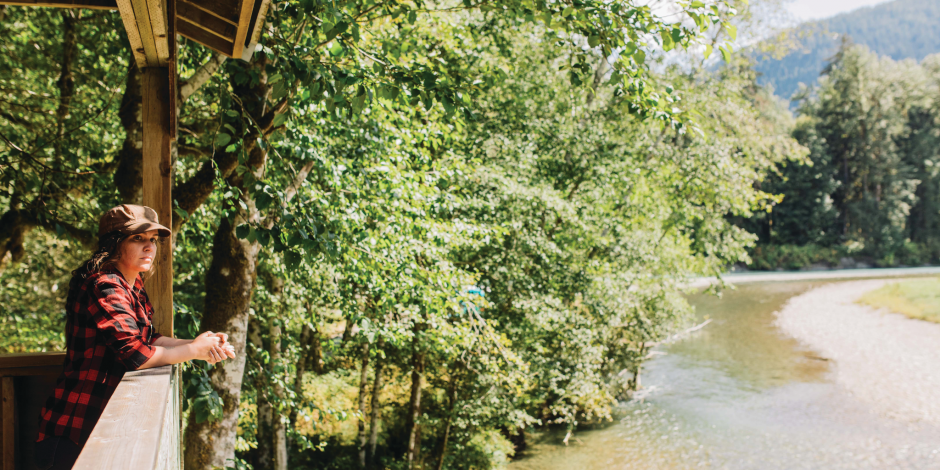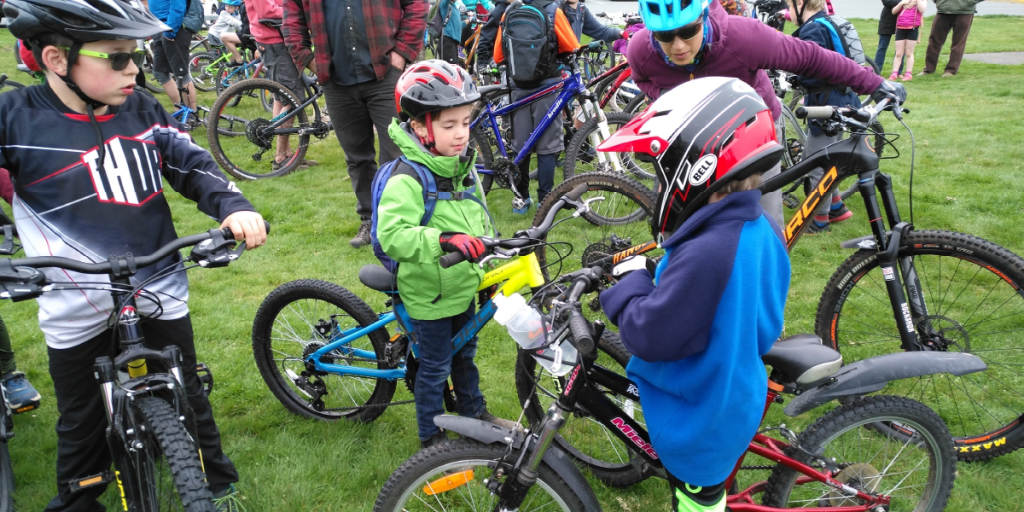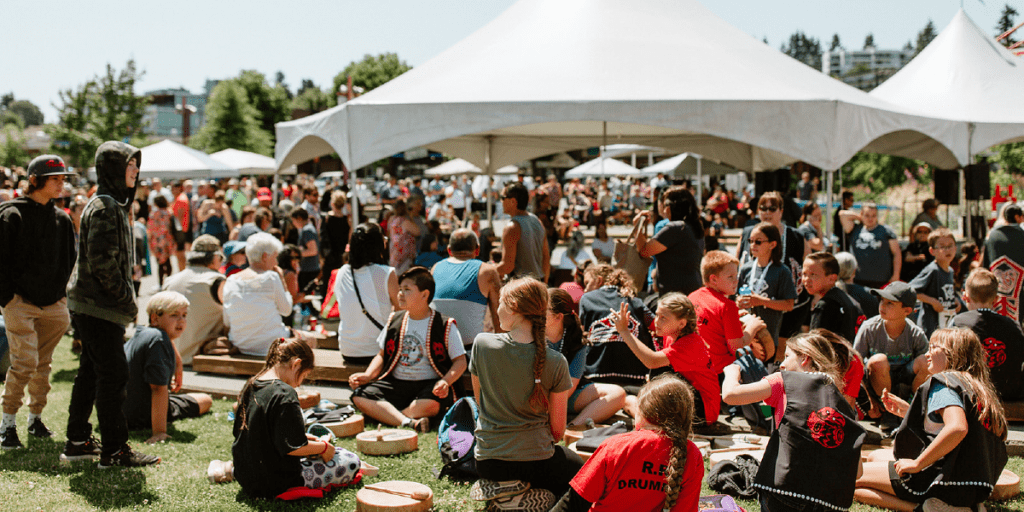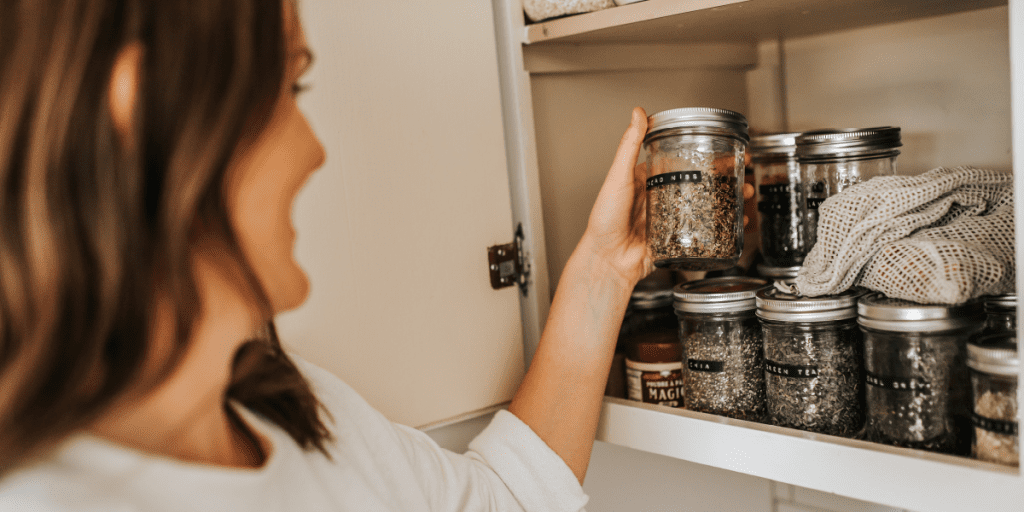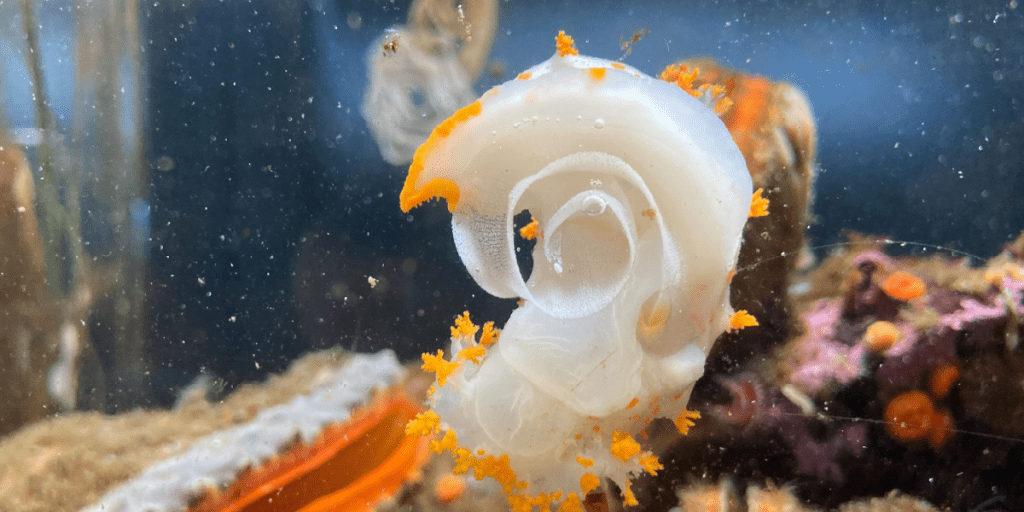The year 2018 was the beginning of something truly special — it was the year I met Evangeline Clifton.
Clifton, an Indigenous woman from Heiltsuk Nation in Bella Bella and recent graduate from the Ecotourism Program at Vancouver Island University (VIU), would introduce me to the Community Cousins (an Indigenous mentorship program on campus) and help me to discover my own truth by learning about the Indigenous ways of life that I had been unknowingly searching for.
I grew up on the Xwe’malhwku (Homalco) First Nation reserve with my culture only vaguely around me. My grandfather, who had attended residential school, didn’t speak his native language nor practice his culture. I also have ancestral ties to the Kwakwaka’wakw on my mother’s side and attended a handful of potlatches with my mother and family on my grandmother’s Kwak side.
Still, I felt a loss of identity considering I had lived my entire life on the reservation, grew up with other First Nation children, but did not actually understand my own culture and why it wasn’t present. This is a common narrative due to the intergenerational trauma’s Indigenous people have faced due to colonialism in Canada, an integral piece in the history of Indigenous people, especially as they reclaim their heritage.
During my time at VIU, I entered a class called Aboriginal Tourism. In this class, I produced a ten-minute video called “Engaging Indigenous Youth in Tourism.” My inspiration for the project was from my own curiosity: how do Indigenous youth get engaged in their culture and can tourism be part of the puzzle in healing? I knew that from my own journey and summer job with my nation’s tourism operation, Homalco Tours, that this was a growing topic and so I dove into research and put all my findings into the video.
One year later, I was invited to present at the Advancing Indigenous Tourism Conference in Whitehorse.Here, I shared my video and presented on a panel, alongside three other youth, in front of 200 people. We spoke about our own experiences as Indigenous youth in the world of tourism, the discovering and sharing of our culture, the challenges we’ve faced and our perspective on the future of Indigenous tourism. It was a great success.
That fall I was also invited to attend the 5th Annual Building Reconciliation Forum in Sault Ste Marie, ON at Algoma University, which is alsoan old residential school. I was chosen to attend, report my findings and present at a VIU gathering on how universities are making way for reconciliation and indigenizing academies. While we have a long way to go to achieve reconciliation, we are moving in the right direction, together, with these types of events to hold place for hard, yet important conversations.
I was awarded the Pat Forbes Leadership & Professionalism Award for my efforts at these events, which has inspired me to continue promoting Indigenous tourism as a gateway for reconciliation and as a steppingstone for healing Indigenous communities. I felt it through the events and the amazing people I met along the way that this was my path.
Today I work for Homalco Tours, an Indigenous led wildlife and cultural ecotourism company in Campbell River. Homalco Tours has been offering legendary grizzly bear viewing experiences on our traditional territory, along Bute Inlet, at Orford Bay for 20 years. In 2019, they launched an immersive award-winning cultural tour called People, Water, Land. Guests experience traditional stories and songs, and learn about the land and its uses —even how to make a traditional cedar bracelet. These programs have allowed Homalco guides to learn and be immersed in their culture while gaining confidence and being proud of who they are.
Working for an organization like Homalco has allowed me to immerse myself into my heritage and be part of the process of revitalizing our culture through these projects. Being in my community every day, I am able learn about our language, territory, and songs through the work that I do, and it feels incredible.
I:mote (thank you in Xwe’mahlkwu).

